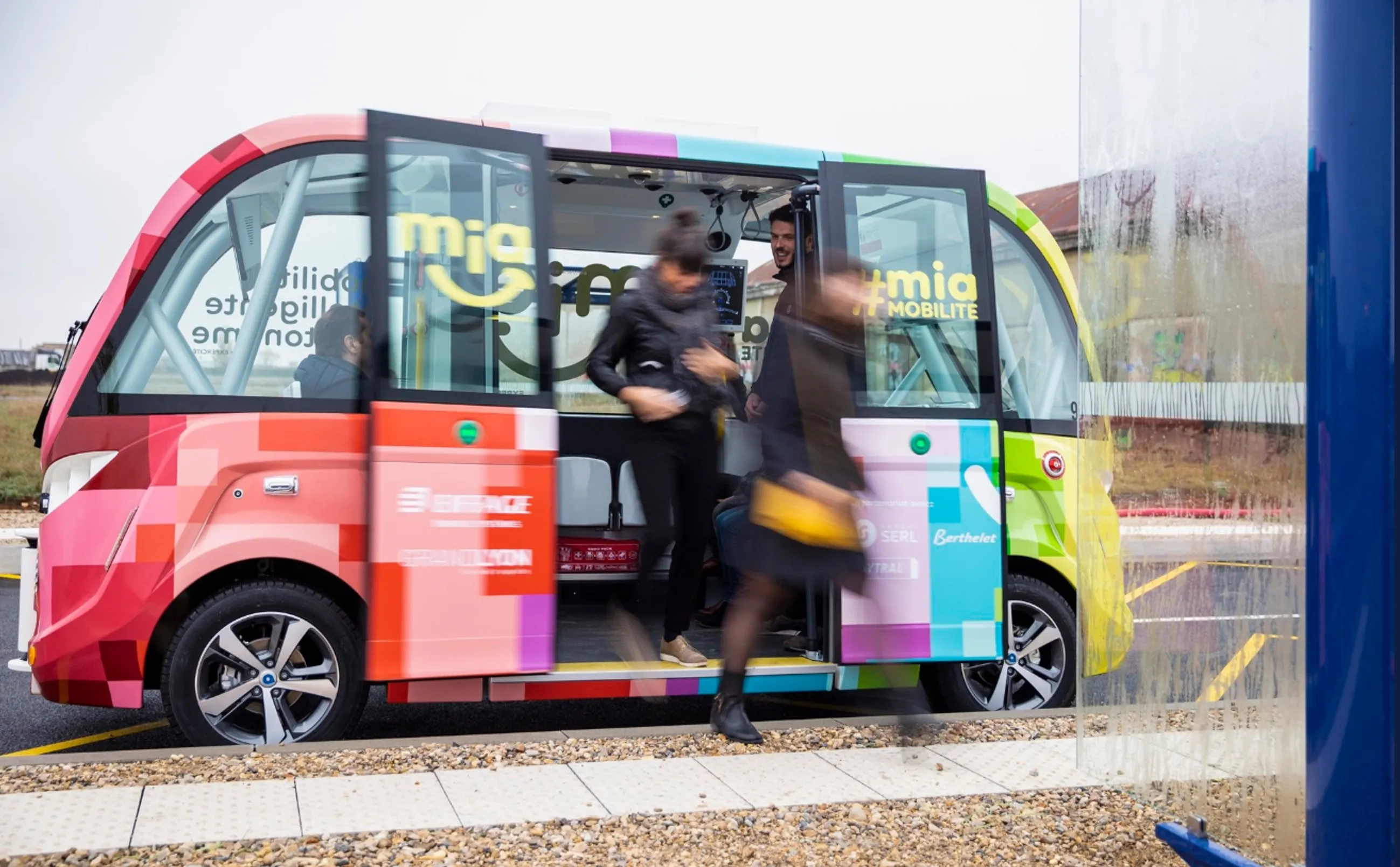While Google develops driverless cars in the west, in China, internet giant Baidu is said to be developing an unmanned autonomous bicycle. According to Techweb, a prototype of the world’s first unmanned bike is possible by the end of this year.
The bike is said to be able to identify its owner, navigate obstacles and run on its own using an electric motor. The bike, without a rider, can apparently sense its environment well enough to avoid obstacles and navigate complicated road conditions.
The device
July 11, 2014
Read time: 2 mins
While Google develops driverless cars in the west, in China, internet giant Baidu is said to be developing an unmanned autonomous bicycle. According to Techweb, a prototype of the world’s first unmanned bike is possible by the end of this year.
The bike is said to be able to identify its owner, navigate obstacles and run on its own using an electric motor. The bike, without a rider, can apparently sense its environment well enough to avoid obstacles and navigate complicated road conditions.
The device has applications in various areas, including logistics, enabling courier and logistics firms to deliver packages and food efficiently and more safely than the drones that Amazon envisages using. It’s even possible that parents could send the bikes to pick up children from school and blind and disabled people could use them to have greater mobility.
The bike is said to be able to identify its owner, navigate obstacles and run on its own using an electric motor. The bike, without a rider, can apparently sense its environment well enough to avoid obstacles and navigate complicated road conditions.
The device has applications in various areas, including logistics, enabling courier and logistics firms to deliver packages and food efficiently and more safely than the drones that Amazon envisages using. It’s even possible that parents could send the bikes to pick up children from school and blind and disabled people could use them to have greater mobility.









